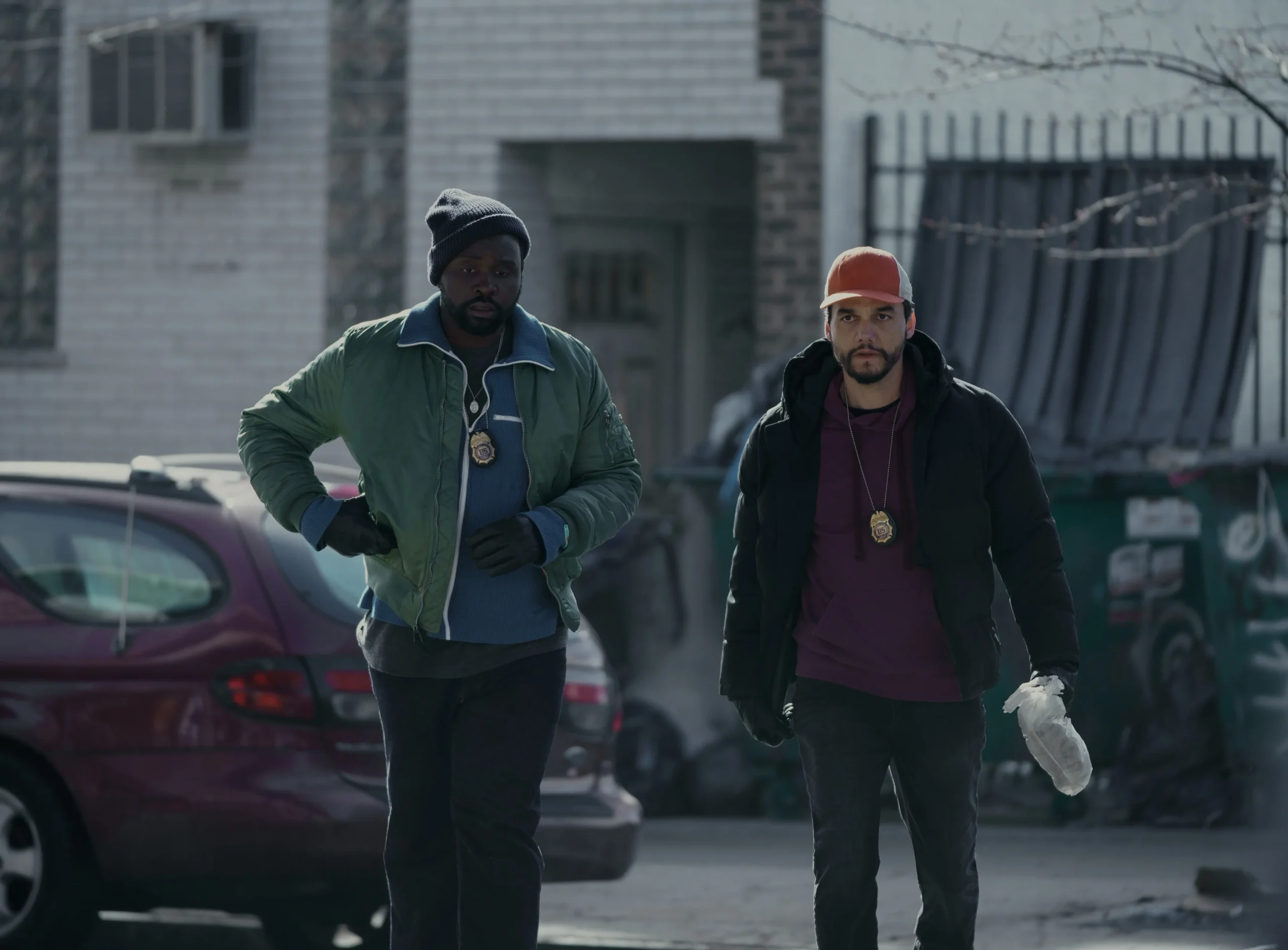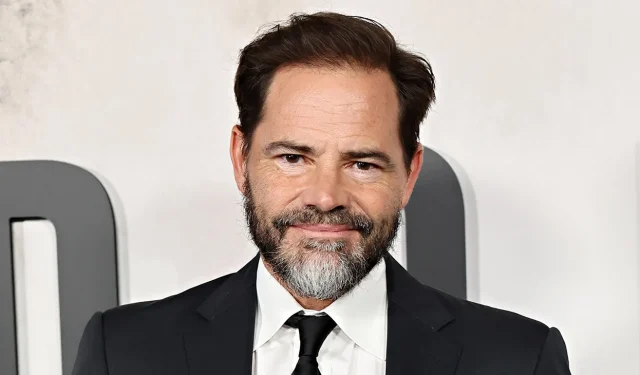Peter Craig’s Journey: From Crime Novelist to Showrunner of Dope Thief
Peter Craig has become a prominent figure in Hollywood’s crime drama genre over the past 15 years, establishing himself as a versatile writer whose works resonate with audiences. His descent into the world of screenwriting began in 2010 when he transitioned from being a crime novelist to an in-demand screenwriter. His collaborative role in crafting the screenplay for Ben Affleck’s intense crime thriller The Town effectively marked his entry into this new realm.
Following this debut, Craig demonstrated remarkable adaptability by adapting Suzanne Collins’ hit trilogy in The Hunger Games: Mockingjay – Part 1 and Part 2. His direct adaptation of his own book, Blood Father, for film in 2016 further solidified his reputation. Since then, he has contributed to several high-profile projects, including Bad Boys for Life and story credits on Top Gun: Maverick and Gladiator II. However, his enduring connection to the crime genre remains evident, particularly through his role as co-writer of Matt Reeves’ acclaimed The Batman.
The Premiere of Dope Thief
Craig’s latest endeavor, Dope Thief, is set to premiere on March 14 on Apple TV+. This eight-episode limited series, based on Dennis Tafoya’s novel, intertwines Craig’s rich background as both a novelist and screenwriter. The narrative follows two con men, Ray (played by Brian Tyree Henry) and Manny (Wagner Moura), who masquerade as DEA agents, aiming to extort small-time drug dealers. Their plans take a dramatic turn when they target a house outside Philadelphia, forcing them to confront unforeseen dangers.
Craig reflects on his place within the crime genre, acknowledging a certain inevitability of landing here post-The Town. He shares, “In a way, I’m riffing on The Town again with Dope Thief, and I know this world really well.”
Exploring New Themes in Crime Storytelling
Similar to his work with Reeves, Dope Thief dives into the intricate layers of criminal hierarchies while also exhibiting a unique empathy for its criminals. “Philosophically, Matt Reeves and I think the same way,” Craig explains. “Often, the actors in violent situations are also victims of those very situations, perpetuating a continuous cycle of violence.”
The recent boom of limited series, often praised for their ability to combine filmic storytelling with serialized formats, is harder to ignore. Titles such as Shōgun, The White Lotus, and Big Little Lies have all set the stage for shows that initially promise closure but often elicit demands for more. While Dope Thief wraps up its narrative succinctly, Craig finds himself entertaining the prospects for a second season.
“I wrote the ending to resolve it while still leaving room for future exploration,” Craig notes, pondering the potential continuation of his story.
A Conversation with Peter Craig
In a recent interview with The Hollywood Reporter, Craig discussed his journey to Dope Thief, reflecting on his earlier work and the creative processes behind his adaptations, including the choice to split Mockingjay into two films.
Q: Did you always want to hang your hat in this subgenre?
A: I really did. I got very comfortable quickly. My early novels were well-respected crime stories centered around con men. The stakes are high in this genre, allowing for deeper character exploration.
Adapting Iconic Works
Experience with renowned franchises like The Hunger Games shaped Craig’s craft. “Lionsgate pushed me to hit certain pivotal scenes from Suzanne [Collins’] novels,” he recalls. This pressure contrasted sharply with adapting his work for Blood Father, where he embraced creative freedom without external constraints.
Craig admits ambiguity with how Mockingjay was received, referencing it as a challenging script to compose. “The setup was complex and often introspective,” he mentioned. “While I remain proud of our achievements, I wonder if a more traditional approach would have satisfied audiences more.”
The DNA of Dope Thief and The Batman
Craig acknowledges the thematic overlaps between Dope Thief and The Batman, particularly concerning character motivations and ethical dilemmas. “There are layers of complexity within both narratives, revealing that those who inflict violence often suffer from it as well,” he stated while maintaining a focus on the intricacies of interactive storytelling.
The Dynamic Duo: Ray and Manny
Describing Ray and Manny’s relationship, Craig likens it to a tragic love story rooted deeply in shared trauma. “Their bond, forged in adversity, is a classic example of codependency. It’s a narrative that explores not just their criminal escapades but the weight of their pasts,” he elaborates.
Casting Choices and Character Depth
The chemistry between Brian Tyree Henry and Wagner Moura was essential, especially given Moura’s late addition to the cast. Craig expertly tailored Manny’s backstory to integrate Moura’s Brazilian heritage, which added rich nuances to the character.

Furthermore, Marin Ireland’s role demanded a unique vocal approach, as her character strives to reclaim her voice amidst a narrative full of deception. “She embraced the challenge of non-verbal storytelling,” Craig shares.
Looking Ahead
Given the industry’s recent trend of extending limited series into additional seasons, Craig remains optimistic about the future of Dope Thief. “The ending was crafted to seamlessly serve as a pause, leaving the door open for what might come next,” he concludes.
Stay tuned as the first two episodes of Dope Thief debut on March 14th on Apple TV+, promising viewers a compelling blend of character-driven storytelling, crime, and moral questions.


